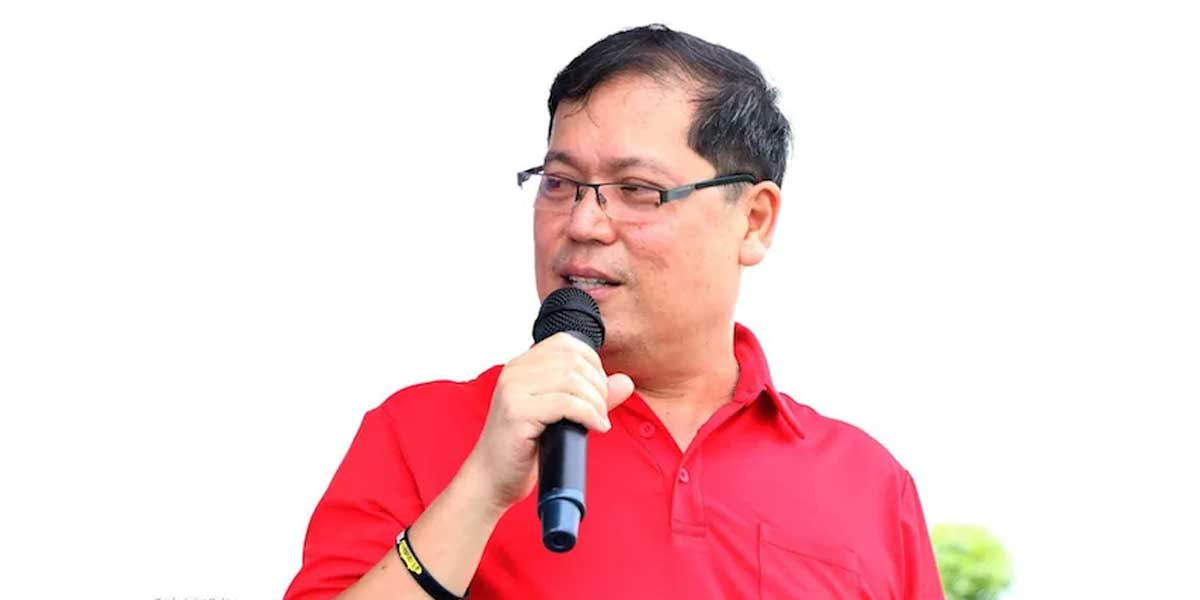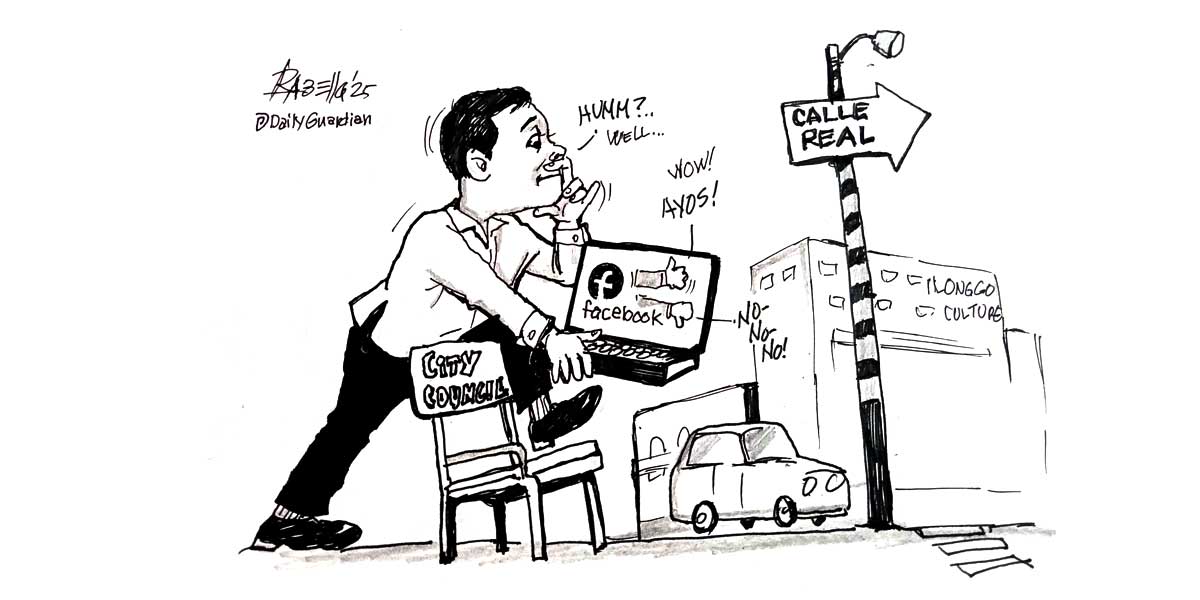By JOHN LEO ALGO
Two years ago, at the annual climate negotiations (COP), the world agreed to double the finance needed for adaptation to USD40 billion by 2025. At last year’s summit in Egypt, negotiators failed to develop a roadmap on how exactly to achieve this target, reflective of the difficulties that have been observed in the history of said talks.
Yet that target is simply too small compared to the needs of developing countries and the most vulnerable communities. The United Nations Environment Programme (UNEP) recently reported that developing nations need up to USD387 billion per year to fully implement their adaptation policies, nearly ten times more than the goal two years from now.
Adaptation, the Philippines’ anchor strategy for climate action, is not the only facet that has been underfunded at the global level for decades; in fact, this arguably applies to every aspect of this global threat. So far, the previous three decades of COPs have not been able to accelerate climate action to the point of slowing down global warming or reducing the severity of impacts.
If negotiators are well-aware that some of the targets being discussed in the negotiations are not even close to meeting the needs of the intended beneficiaries, then are we just wasting our time in this process?
Is it?
It is a fair question to ask, which a few government leaders in the Philippines have alluded to in the past. After all, developed countries that emitted much of the greenhouse gas (GHG) emissions that caused the climate crisis have failed to live up to their promise to finance and support the solutions implemented by developing countries for the past three decades.
Even if all countries implemented their current national plans, GHG emissions are set to increase by 9% by 2030. This would result in as much as 2.7ºC of global warming, which is way above the 1.5ºC limit under the Paris Agreement. Many experts have regarded this target as a ‘tipping point’ that, if exceeded would result in potentially irreversible climate impacts.
Yet efforts to weaken the 1.5ºC imperative has been in recent COPs, largely by a few countries and many corporations that are economically-dependent on fossil fuels. Many of these entities are already looking towards investing in artificial carbon capture, use, and storage technologies, none of which are proven to be effective at scale, not to mention the potential harm they can inflict at communities and ecosystems.
No one thinks the transition away from coal, oil, and fossil gas would be easy, but if one of the core goals of the Paris Agreement will be repeatedly undermined like this, then are we just wasting our time in this process?
It isn’t
Yes, the process of the climate negotiations is nowhere near a perfect one, but it is not a waste of time, especially for a vulnerable country like the Philippines. The COP still provides the biggest high-level platform for any country to have its voice heard by other nations, where groups of countries can readily discuss positions, strategies, and partnerships for addressing the most critical issues related to the climate crisis. As a long-running process, there is still tremendous weight to the decisions made at this event that governments, businesses, and civil society recognize.
Furthermore, any system, no matter how well-designed, would become inefficient or fully ineffective if not properly implemented or many of its participants fail to live up to their commitments. It is up to those partaking in COPs to keep demanding transparency and accountability to those either not fulfilling their obligations or looking to slow down its progress, through all available means.
The moment countries like the Philippines begin to de-emphasize the call for climate justice or stop reminding big polluters of the disasters that were inflicted on them is when said big polluters become even more emboldened to slow down the negotiations process that is already too slow.
What must also be remembered is that as important as the annual climate talks is, it is not the only event that is happening in the host city. With tens of thousands of government and non-government delegates present, it provides the ideal opportunity to form coalitions, alliances, and partnerships on the sidelines of the climate talks to help address the gaps where the COPs have failed.
The Philippines has been a part of these networks that can advance mitigation and adaptation solutions, from reducing GHG emissions to protecting forests and indigenous peoples.
Non-government Filipino delegates, especially those representing local communities and civil society, remain instrumental as they join those from other countries in monitoring the climate talks, bringing the voices of the marginalized and underrepresented into the process, and presenting perspectives and solutions rooted from their own experiences on the ground.
The Philippine government recognizes the importance of COP28, as it will bring a much bigger delegation compared to recent years. It will also host the Philippine Pavilion in Dubai during the negotiations, a milestone platform to showcase the country’s best practices and help change the narrative about our country from being simply resilient and reactive to being initiators of action.
Yet like in years past, it is vital for our national delegation to not only make its positions aligned with the 1.5ºC imperative and the principles of climate justice, but also with domestic actions and the needs of its people, especially the most vulnerable.
Heading into COP28 in Dubai, there is so much to be decided. The global goal on adaptation must be defined. A fund for addressing loss and damage has to be established immediately. The question on how to transition away from fossil fuels must be answered. Countries must figure out how to finance solutions without burdening the most vulnerable.
For what will be negotiated, what needs to be done, and what is at stake for current and future generations, the COP is worth the time of the Philippines and the rest of the world.
John Leo Algo is the national coordinator of Aksyon Klima Pilipinas and the deputy executive director for programs and campaigns of Living Laudato Si’ Philippines. He is also a member of the Youth Advisory Group for Environmental and Climate Justice under the UNDP in Asia and the Pacific. He has been a climate and environment journalist since 2016.






















